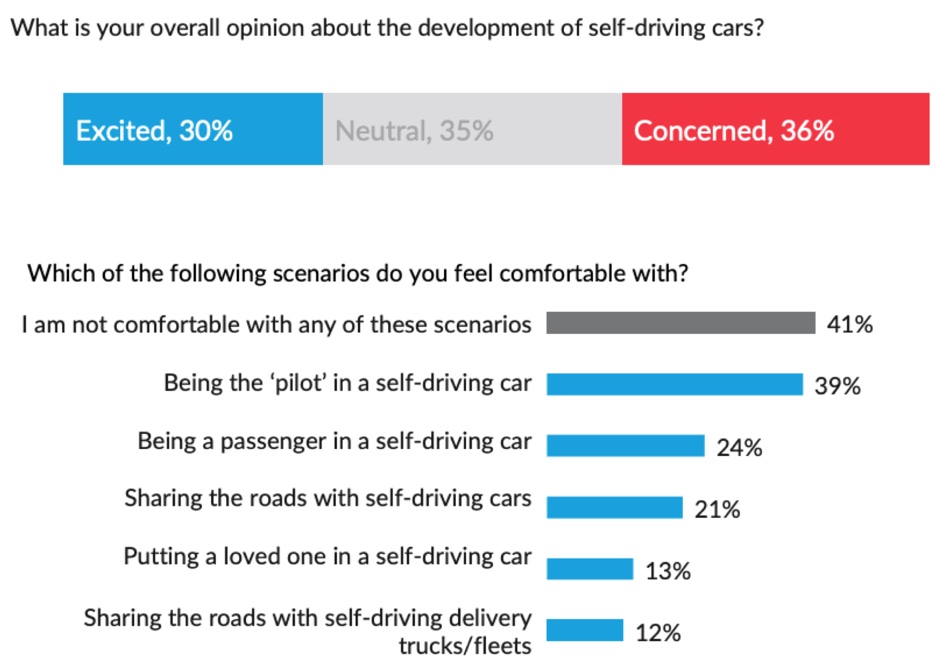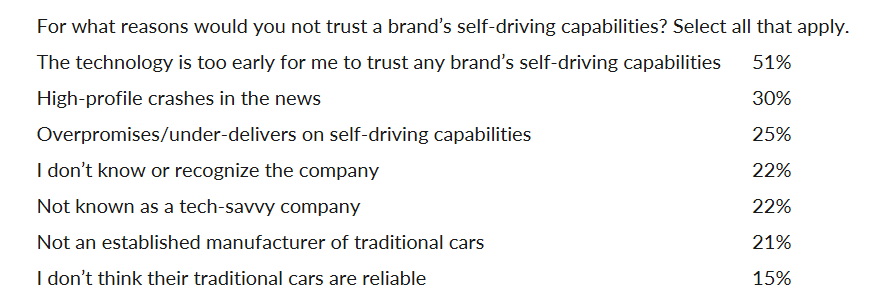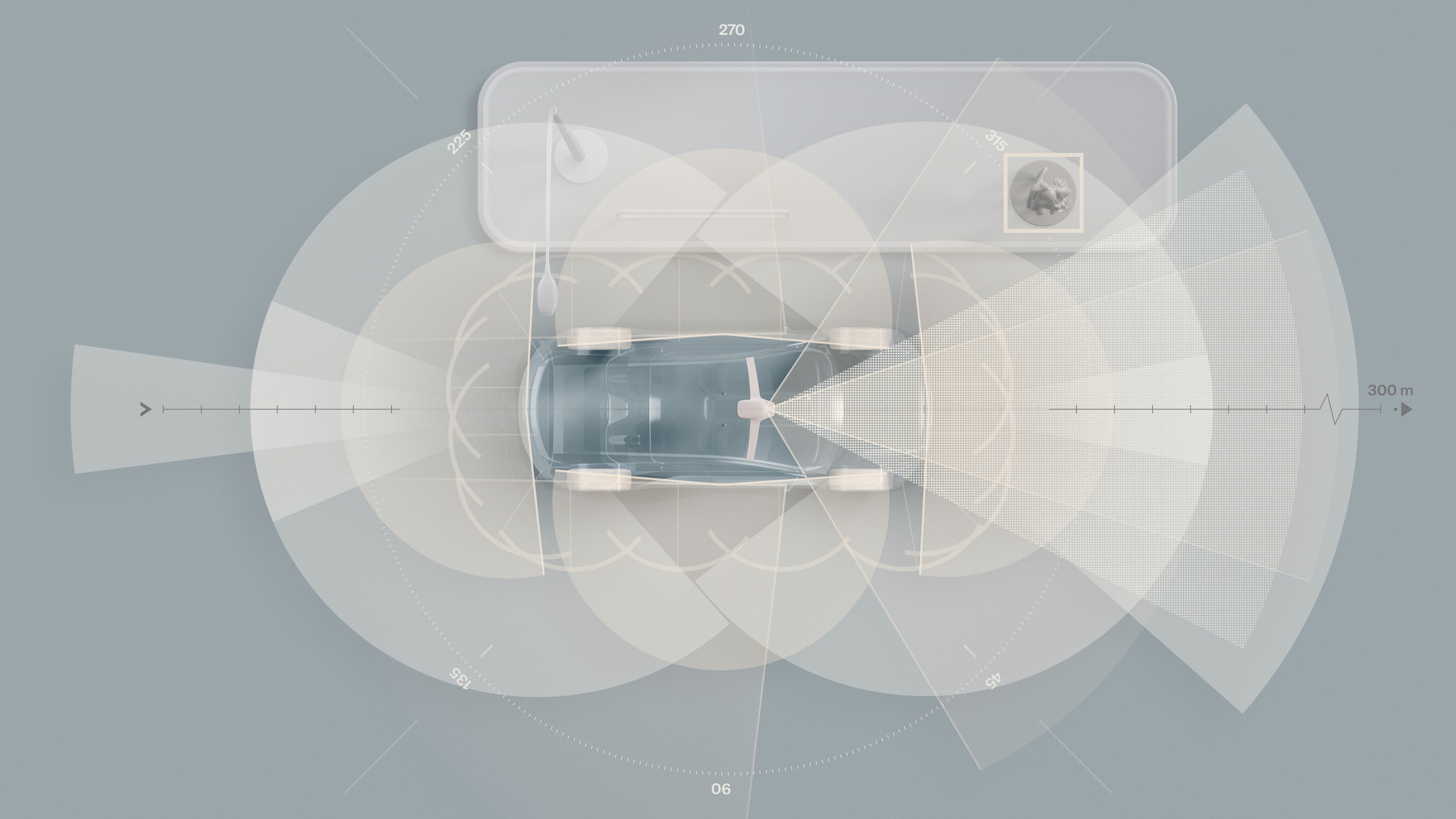A recent survey suggests that the British motoring public may not be comfortable with fully autonomous cars, as 51 percent stated that the technology is still too young to trust it.
The research comes from CarGurus, who surveyed 1007 car owners on sentiments held about self-driving tech, as well as driver assistance features that are already prevalent on new cars.
The majority of respondents were concerned about the specifics related to the prospect of sharing roads with self-driving vehicles, such as delivery trucks, with only 12 percent happy to do so and only 13 percent willing to put a loved one in a self-driving car.
Read: Feds Link 30 Tesla Crashes With 10 Deaths To Advanced Driving Systems
However, there was a more even split when it came to the public’s overall opinion, with 30 percent excited about the development of self-driving cars, 35 percent neutral, and 36 percent concerned.
When it came to safety features, such as automatic emergency braking, blind-spot monitoring, and reverse or surround cameras, the vast majority of those questioned felt that they made their time behind the wheel safer.
The results come in light of the growing controversy surrounding autonomous vehicles. Despite hundreds of road accidents each day, those involving cars engaged with some form of autonomy at the time of the crash are reported on with increasing scrutiny. This was evidenced by some 44 percent of participants saying they would be concerned about who was responsible if something went wrong.
See: Baidu Together With BAIC Group To Build Autonomous Taxis In China
The survey also probed how the public viewed the manufacturers creating this tech. Tesla was the most trusted to develop self-driving vehicles, with 22 percent of the vote, although BMW and Audi were considered the most appealing brands to buy if and when self-driving tech is available.
Interestingly, Apple, who – at least publicly – hasn’t presented much evidence of an automotive entry, would be trusted by 6 percent of respondents to develop self-driving tech, 2 percent fewer than Ford.








